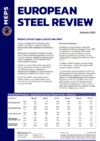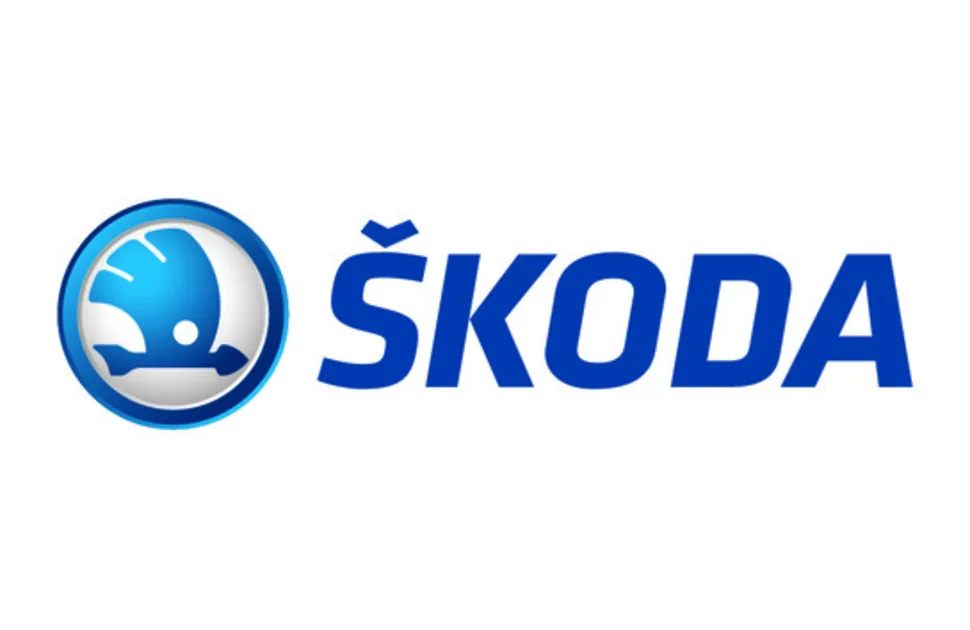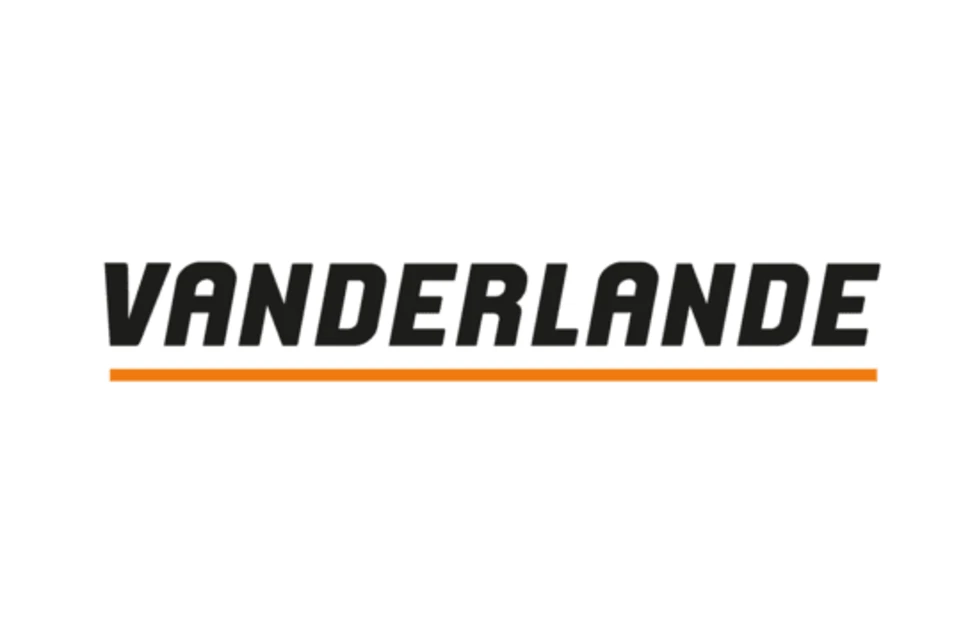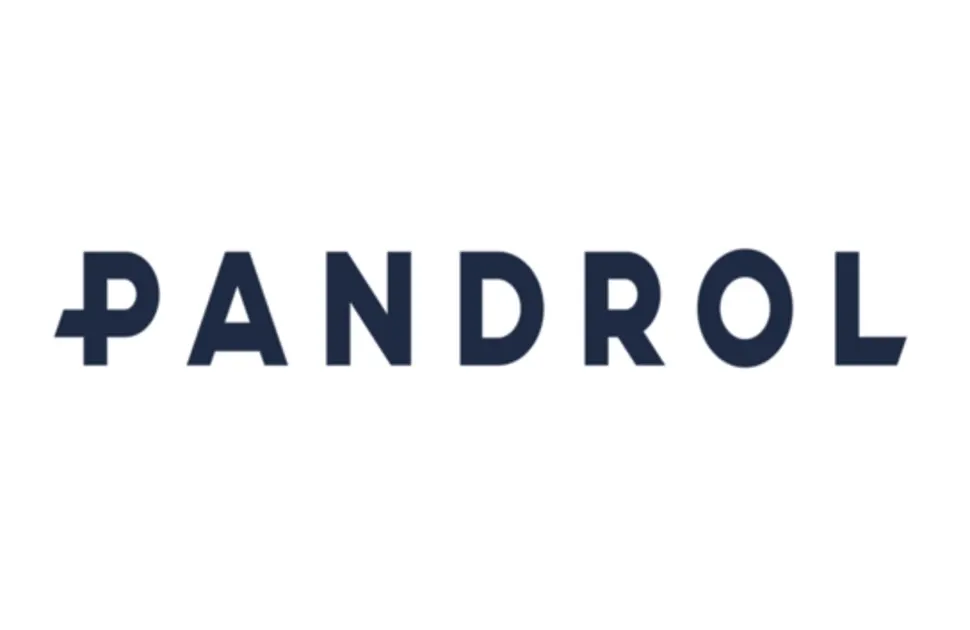European steel market seeks direction
The European holiday season is in full swing, exacerbating already weak steel demand. Purchasing has been put on hold this month. Distributors and service centres are waiting for September, to evaluate the price direction.
Producers attempted to raise prices, for both flat and long products, before the summer shutdowns. This occurred mostly during price discussions, but some mills issued formal price increase letters to customers. Buyers dismissed these proposals as unworkable.
Few distributors felt compelled to place stock purchases in advance of the holidays. Commodity items are readily available, and decisions could be deferred.
Mills are undertaking planned annual maintenance, this month. Faced with a lack of orders and the inevitable negative pressure on Europe steel prices, they are extending shutdowns, up to six weeks.
Steel processors remaining open during the holiday season face the twin problems of reduced order books and staff absences. Many have cut operational shifts. They are considering the future introduction of two-week summer closures, in line with steel manufacturers.
The EU and UK quotas for hot rolled coil from “other countries” were fully subscribed early in the current period. Market participants expect that the same category will be heavily oversubscribed on October 1, resulting in congestion at European ports.
Buyers are, therefore, averse to placing new import orders, for arrival later in the fourth quarter, as these would automatically attract the full 25 percent tariff. European mills consider that this reluctance will increase domestic demand and provide the opportunity to raise steel prices. The arrival of more than one million tonnes of imported hot rolled coil, however, could saturate a weak market and have the opposite effect.
The political situation also affects market sentiment. In Spain, the recent snap general election proved inconclusive. Constitutional talks are starting but no party has a clear majority. Consequently, investment decisions are on hold.
In Germany, meanwhile, confidence in the state’s ability to act is at a new low. According to a recent survey, 69 percent of citizens consider that the state is unable to fulfil its tasks. Infrastructure, investments in climate protection and the expansion of renewable energies are cited as key areas where leadership is lacking. Medium-sized German steel-using companies also bemoan the lack of government support.
A recent recovery in Chinese steel demand appeared to offer positive signals for the international market. This, however, was short-lived, amid weak construction indicators. Chinese real estate companies are in financial difficulties, reducing demand for structural grade products.
In Europe, purchasing activity is likely to remain at a low level for this month. Mills will seek to raise prices, at the earliest opportunity. Buyers will watch for clear signs of the next direction, before committing to new stock orders.

Source:
European Steel Review
The MEPS European Steel Review is an informative, concise and easy-to-use monthly publication, offering unique professional insight into European carbon steel prices.
Go to productRequest a free publication





